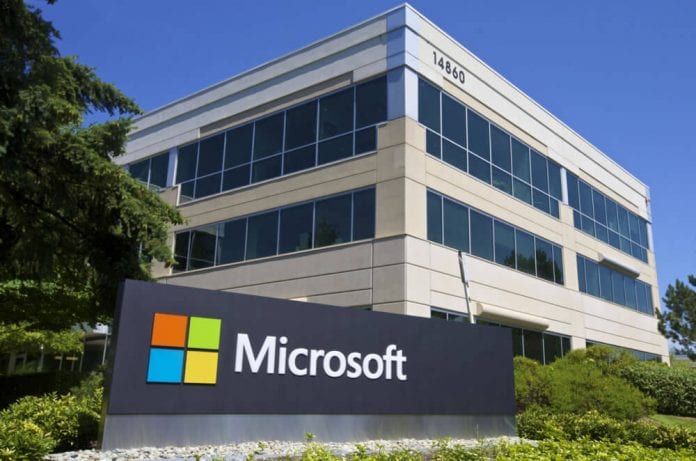
Jean Phillips Courtois, President of the International branch of Microsoft, has come out saying that through the use of cloud technology services, companies around the world can stop the practice of software piracy.
Courtois said Microsoft had truly discovered the power of its cloud technology in checking and detecting software piracy and therefore was working on developing the technology for its Microsoft services such as Office 365 and Azure. He said that these services were the biggest and leading pushers of Microsoft’s transformation to the cloud, even though it had a penchant for devices.
The president said that if the shift to cloud technology services was going to happen as planned many people would, therefore, enjoy secure and safe business transactions, and enjoy doing their business. Since the cloud technology undermines the art of software piracy, Courtois said that the company was making sure that they would have the best infrastructure for their customers to have secure businesses around the world.
He did not reveal the economic loss that companies face to software piracy globally, he noted that the practice was still massively high around the world. Speaking to reporters, he said that there was no need to deny the notion that software piracy was there. But as businesses shifted to cloud services, their business activities would be safer and secure, he said.
Piracy was one of the biggest threats to clients, he said, noting that it was the biggest threat in the fact that existed. There are no security patches for pirated software. Therefore, the software is risky even as you use it. Courtois also said that the 4Afrika initiative recognized Internet activity, skill development, and innovation as its key focus. The initiative was going to focus on those three things for the development of the African continent and also wanted to enable world class skills, access, and innovation.
Back in 2014 during a visit to Nigeria, Courtois said that Microsoft had invested $75 million in Nigeria, South Africa, Kenya, and other African countries in various areas and skills such as the area of access, innovation, skills development, youth development, software development, and many others.
During his visit to Nigeria, the Microsoft International President discussed ways on how to empower the youth and educate them on Internet services. He traveled to Lagos state, the commercial hub of the country where he discussed the ideas.








